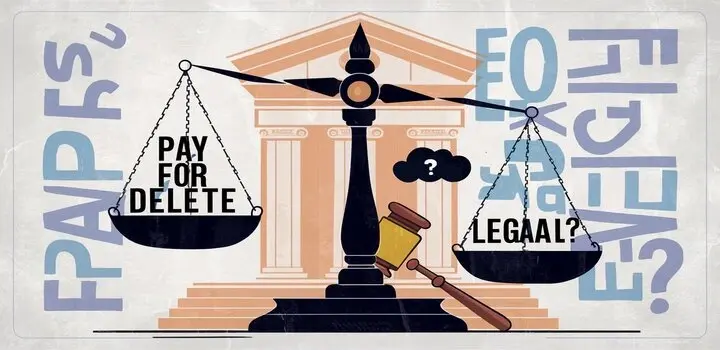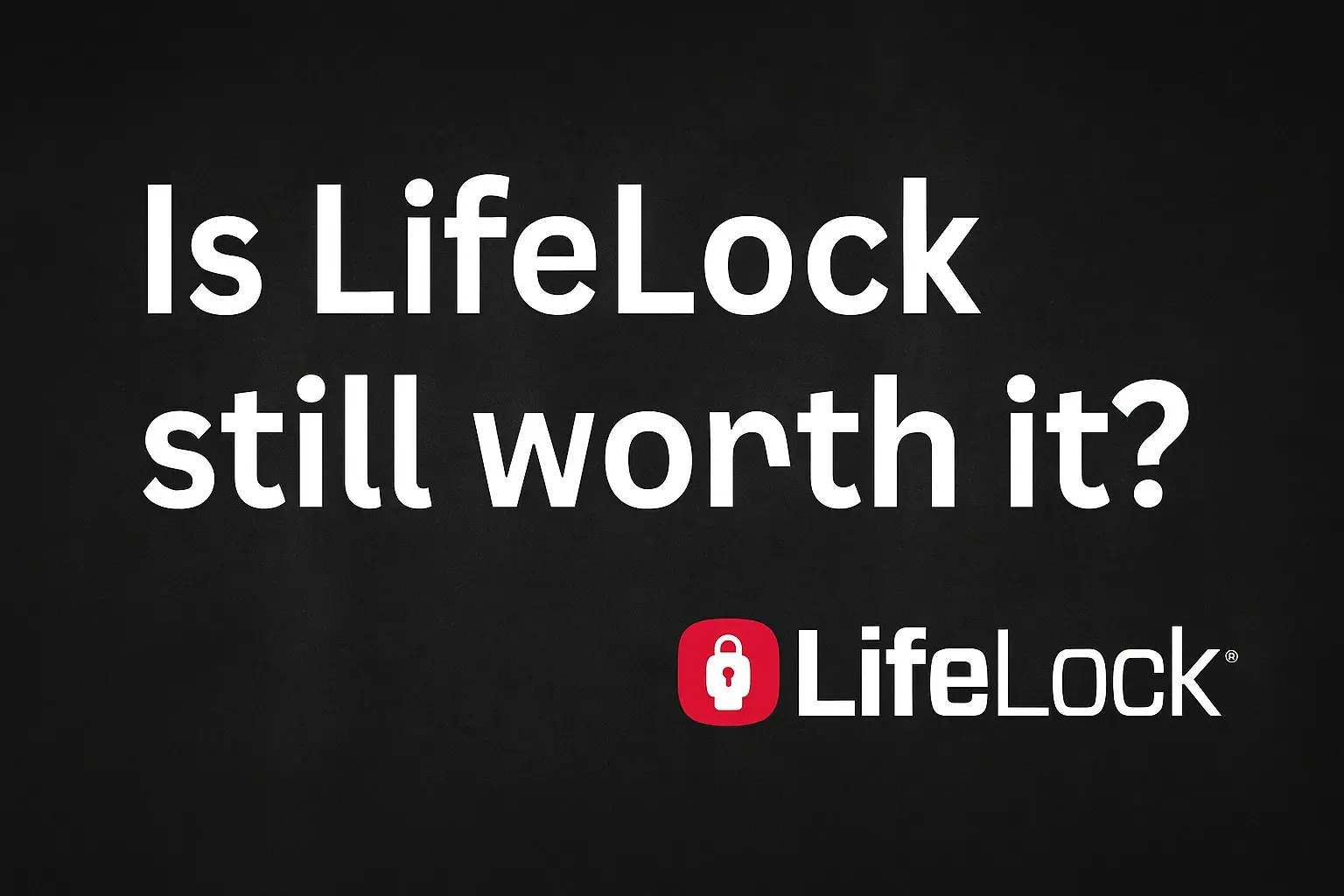-
Posted on: 24 Jul 2024

-
Losing a spouse is an incredibly difficult experience. Amidst the grief and emotional turmoil, practical matters like dealing with finances and outstanding debts can feel overwhelming. One of the most pressing questions for surviving spouses is often: "Am I responsible for my deceased spouse's bills?" The answer, unfortunately, isn't always straightforward and depends on various factors, including state laws, the type of debt, and how the debt was incurred.
This comprehensive guide aims to provide clarity on this complex issue, offering insights into when you might be liable for your spouse's debts and what steps you can take to protect your financial well-being.
Understanding the Basics: Debt and the Estate
It's crucial to understand the fundamental principles governing debt after death. Generally, debts do not disappear when someone dies. Instead, they become the responsibility of the deceased's estate. The estate consists of all the assets owned by the deceased at the time of their death, including:
- Bank accounts
- Real estate
- Investments (stocks, bonds, mutual funds)
- Personal property (vehicles, jewelry, furniture)
These assets are used to pay off outstanding debts, taxes, and other expenses. Only after all debts have been settled can the remaining assets be distributed to the heirs or beneficiaries according to the will or state intestacy laws (laws governing inheritance when there's no will).
The Role of Probate
Probate is the legal process of administering the estate. It involves validating the will (if one exists), identifying and appraising assets, paying debts and taxes, and distributing the remaining assets to the rightful beneficiaries. The probate process is overseen by a court, ensuring that everything is handled according to the law.
If an estate has insufficient assets to cover all debts, it's considered "insolvent." In such cases, state laws typically prioritize which debts are paid first. Secured debts (like mortgages and car loans) are usually paid before unsecured debts (like credit card balances and medical bills). Insolvent estates may mean that some creditors receive partial payment or no payment at all.
When Are You Personally Responsible for Your Spouse's Debts?
While debts generally belong to the estate, there are specific circumstances under which you, as the surviving spouse, might be held personally liable. These include:
1. Joint Accounts and Jointly Held Debt
The most common situation where you're responsible is when you and your spouse held accounts or incurred debts jointly. This means you both signed the loan agreement or are listed as co-owners of the account. Examples include:
- Joint credit cards: Both you and your spouse are responsible for the full balance, regardless of who made the charges.
- Joint bank accounts: Creditors can typically access funds in a joint bank account to satisfy a debt.
- Mortgages: If you co-signed a mortgage with your spouse, you're responsible for the remaining balance.
- Car loans: Similar to mortgages, co-signing a car loan makes you liable for the debt.
- Personal loans: Jointly taken personal loans make both parties responsible.
Even if your spouse was primarily responsible for making payments during their lifetime, you become solely responsible for the entire debt after their death.
2. Community Property States
In community property states, any debts incurred during the marriage are generally considered community debts, meaning both spouses are equally responsible, regardless of whose name is on the account or loan. The following states are community property states:
- Arizona
- California
- Idaho
- Louisiana
- Nevada
- New Mexico
- Texas
- Washington
- Wisconsin
If you live in a community property state, you're likely responsible for debts your spouse incurred during your marriage, even if you didn't know about them or benefit from them directly. There can be exceptions, such as if the debt was incurred due to one spouse's separate property (property owned before the marriage or received as a gift or inheritance during the marriage) and was not for the benefit of the community.
3. Guaranteeing or Co-Signing Debt
If you guaranteed or co-signed a loan for your spouse, you are legally obligated to repay the debt if they default. This is a common scenario for student loans or small business loans. By signing as a guarantor or co-signer, you've essentially promised to pay the debt if your spouse couldn't.
4. State Laws Regarding "Necessaries"
Some states have laws that hold spouses responsible for debts incurred for "necessaries" during the marriage. These are essential expenses like medical care, food, and housing. If your spouse incurred medical debt, for example, you might be responsible for paying it, even if you didn't sign any paperwork. These laws vary significantly by state, so consulting with an attorney is crucial.
5. Fraudulent Transfers
If your spouse transferred assets out of their name shortly before their death to avoid paying creditors, a court might deem this a fraudulent transfer. In such cases, the transferred assets could be reclaimed by the estate to satisfy the debts. Furthermore, if you knowingly participated in such a transfer, you could face legal consequences.
When Are You NOT Responsible for Your Spouse's Debts?
It's equally important to know when you are *not* responsible for your spouse's debts. In general, you are *not* liable for debts that were:
- Solely in your spouse's name: If your name isn't on the account or loan agreement, and you don't live in a community property state, you're generally not responsible.
- Incurred before the marriage: Debts your spouse incurred before you were married are typically their sole responsibility (unless you subsequently co-signed or guaranteed the debt).
- Discharged in bankruptcy: If your spouse filed for bankruptcy and discharged a debt before their death, it is no longer owed.
Even in community property states, debts incurred *before* the marriage typically remain the separate responsibility of the spouse who incurred them.
Steps to Take When Your Spouse Dies: Protecting Your Finances
Losing a spouse is a difficult time, but taking proactive steps can help protect your financial well-being. Here's a checklist of important actions:
- Obtain multiple copies of the death certificate: You'll need these to access accounts, file insurance claims, and handle other legal and financial matters.
- Notify relevant institutions: Inform banks, credit card companies, insurance companies, and government agencies (Social Security Administration, etc.) of your spouse's death.
- Review your spouse's will: If your spouse had a will, read it carefully to understand their wishes and how their estate will be distributed.
- Locate important documents: Gather all relevant financial documents, including bank statements, credit card statements, loan agreements, insurance policies, tax returns, and property deeds.
- Determine if probate is necessary: Depending on the size and complexity of the estate, probate may be required. Small estates may qualify for simpler, less formal procedures.
- Inventory assets and liabilities: Create a comprehensive list of all assets owned by your spouse and all outstanding debts. This will help you determine the solvency of the estate.
- Understand state laws: Familiarize yourself with the laws in your state regarding debt after death, community property (if applicable), and spousal rights.
- Contact creditors: Notify creditors of your spouse's death and request information about the outstanding balances and claim procedures.
- Consider consulting with professionals: Seek advice from an attorney specializing in probate and estate administration, a financial advisor, and a tax professional. They can provide valuable guidance tailored to your specific situation.
- Beware of debt collectors: Be wary of aggressive debt collectors who may try to pressure you into paying debts you're not legally obligated to pay. Know your rights and don't hesitate to seek legal advice.
- Avoid using your own money to pay debts: Unless you are legally obligated (e.g., joint account), avoid using your personal funds to pay your spouse's debts. Let the estate handle the liabilities.
Protecting Yourself from Predatory Lending Practices
Unfortunately, some unscrupulous lenders may try to take advantage of grieving spouses. Be especially cautious of:
- Debt collectors making false claims: Some debt collectors may try to convince you that you're responsible for debts you're not. Don't be intimidated and always request proof of the debt.
- Lenders offering "consolidation loans" or other financial products that seem too good to be true: These products may come with hidden fees or high interest rates.
- Individuals pressuring you to sign documents without fully understanding them: Never sign anything without carefully reviewing it and consulting with an attorney if necessary.
Remember, you have the right to request written verification of any debt, and you have the right to dispute debts you believe are inaccurate or invalid. File complaints with the Consumer Financial Protection Bureau (CFPB) or your state attorney general if you suspect predatory lending practices.
Conclusion
Navigating the financial complexities following the death of a spouse can be overwhelming. Understanding your rights and responsibilities regarding debt is crucial to protecting your financial future. While debts generally become the responsibility of the estate, there are situations where you, as the surviving spouse, might be held liable. By taking proactive steps, seeking professional advice, and being aware of your rights, you can navigate this challenging period with greater confidence and ensure a more secure financial future.










